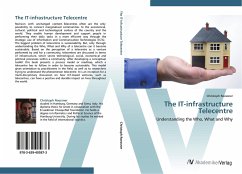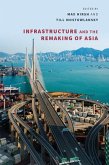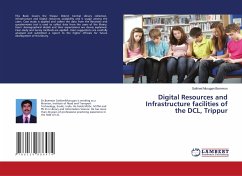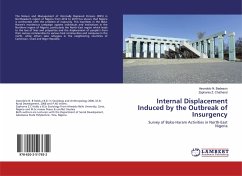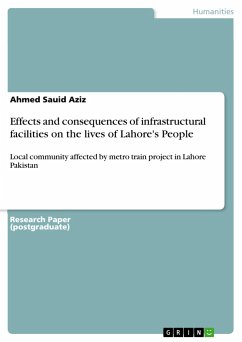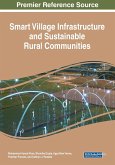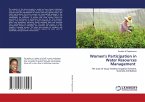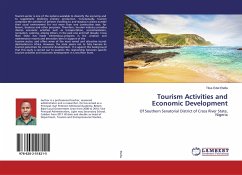Revision with unchanged content. Telecentres often are the only possibility to connect marginalised com munities to the economical, cultural, political and technological centres of the country and the world. They enable human development and support people in performing their daily tasks in a more efficient way through the strategic use of Information and Communication Technologies (ICTs). The biggest problem of telecentres is sustainability. But, only through understanding the Who, What and Why of a telecentre can it become sustainable. Based on the perception of a telecentre as a venture performed by and for a community, telecentres are discussed in terms of infrastructure, which serves technological, social, economical and political processes within a community. After developing a conceptual toolkit this book presents a process model or roadmap, which a telecentre has to follow in order to become sustainable. This model gives orientation to practitioners in the field, as well as to researchers trying to understand the phenomenon telecentre. It is an invitation for a multi-disciplinary discussion on how ICT-based ventures, such as telecentres, can have a positive and durable impact on lives throughout the world.
Hinweis: Dieser Artikel kann nur an eine deutsche Lieferadresse ausgeliefert werden.
Hinweis: Dieser Artikel kann nur an eine deutsche Lieferadresse ausgeliefert werden.
